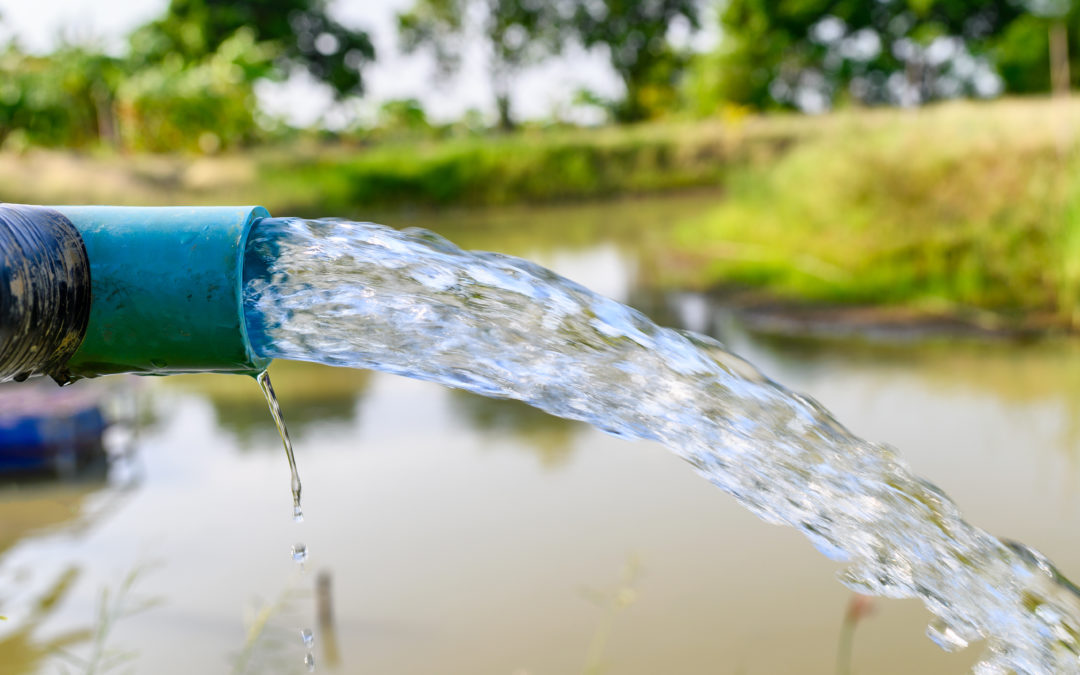By Craig A. Tristao
Download a PDF of this article here
Do you need a National Pollutant Discharge Elimination System (NPDES) permit for a discharge to groundwater? Before the Supreme Court’s April 23, 2020, decision in County of Maui, Hawaii v. Hawaii Wildlife Fund (2020) __ U.S. ___, Docket No. 18-260, many believed, and the Environmental Protection Agency (EPA) had argued no. The Court, however, has provided the litigation assuring answer maybe, the “maybe” depending on whether the discharge to groundwater is the “functional equivalent of a direct discharge” to a Water of the United States (WOTUS). If yes, then the discharger must obtain a National Pollutant Discharge Elimination System (NPDES) permit from the EPA or delegated state agency (Regional Water Quality Control Boards in California).
County of Maui, Hawaii v. Hawaii Wildlife Fund, supra, involved the County of Maui’s wastewater reclamation system facility, which collects sewage from its surrounding area, partially treats it, and then discharges the approximately four million gallons of treated water into groundwater. Chemicals in the discharged water then travel approximately one-half mile through the groundwater to the Pacific Ocean. Maui believed that no NPDES permit was required for its discharge, environmental groups disagreed and brought suit. The Court, after hearing arguments from the County, Environmental Groups, and the EPA, determined that the County’s discharge into groundwater was the “functional equivalent of a direct discharge” into the Pacific Ocean given the relatively short duration of time it took the chemicals contained in the discharge to travel the half-mile to the ocean, and held that such discharges require an NPDES permit under the Clean Water Act, thereby expanding the CWA’s scope to discharges into groundwater.
Although the Court’s decision expands the reach of the CWA, the expansion is less than what could have resulted had the Court adopted the Ninth Circuit’s earlier interpretation of the CWA. The Ninth Circuit’s interpretation of the CWA would have required an NPDES permit if a pollutant in a navigable waterway was “fairly traceable” to a discharge of the pollutant into groundwater. It does, however, represent a departure from leaving the regulation of discharges to groundwater entirely to the states, as the EPA had argued.
The ruling will lead to additional litigation since the Court did not provide a black and white method as to what constitutes the “functional equivalent of a direct discharge” that will require an NPDES permit, but rather provided two critical criteria to be analyzed:
- The amount of time it takes for the pollutant to reach navigable water;
- The distance traveled by the pollutant before it reaches navigable water.
In addition to two critical criterion, the Court also set forth five additional factors that can be considered:
- The “material through which the pollution travels;”
- The “manner by or area in which the pollutant enters the navigable waters;”
- The “extent to which the pollutant is diluted or chemically changes as it travels;”
- The “degree to which the pollution has maintained its specific identity;” and,
- The ratio of the “amount of pollutant entering [navigable waters]” to the “amount of the pollutant that leaves the point source.”
If your business discharges wastewater into groundwater or directly recharges a groundwater basin, and you have questions concerning whether you will now be required to obtain an NPDES permit, or if it is being claimed that your business is now required to obtain an NPDES permit, Coleman & Horowitt, LLP can assist you in making a determination and advocating it to state and federal agencies. For any questions, contact the author at (559) 248-4820 or at ctristao@ch-law.com.
 Craig A. Tristao is a Partner in the litigation and transactions departments of the firm’s Fresno office. He provides representation to clients in litigation matters involving agricultural law, environmental law, construction law, land use and natural resource law, water law, probate and estates, and eminent domain matters that involve the California High Speed Rail Authority. Craig also assists clients with regulatory compliance issues concerning the Clean Water Act (CWA), the Porter-Cologne Act, and the Clean Air Act (CAA). In addition to litigation, Craig also represents clients before the Regional Water Quality Control Boards and the State Water Resources Control Board, air districts, and the Contractors State License Board (CSLB). He has also been named a Super Lawyers “Rising Star” for 2015-2018 (2.5% of lawyers practicing under 10 years). You can contact Craig at (559) 248-4820 or ctristao@ch-law.com.
Craig A. Tristao is a Partner in the litigation and transactions departments of the firm’s Fresno office. He provides representation to clients in litigation matters involving agricultural law, environmental law, construction law, land use and natural resource law, water law, probate and estates, and eminent domain matters that involve the California High Speed Rail Authority. Craig also assists clients with regulatory compliance issues concerning the Clean Water Act (CWA), the Porter-Cologne Act, and the Clean Air Act (CAA). In addition to litigation, Craig also represents clients before the Regional Water Quality Control Boards and the State Water Resources Control Board, air districts, and the Contractors State License Board (CSLB). He has also been named a Super Lawyers “Rising Star” for 2015-2018 (2.5% of lawyers practicing under 10 years). You can contact Craig at (559) 248-4820 or ctristao@ch-law.com.

